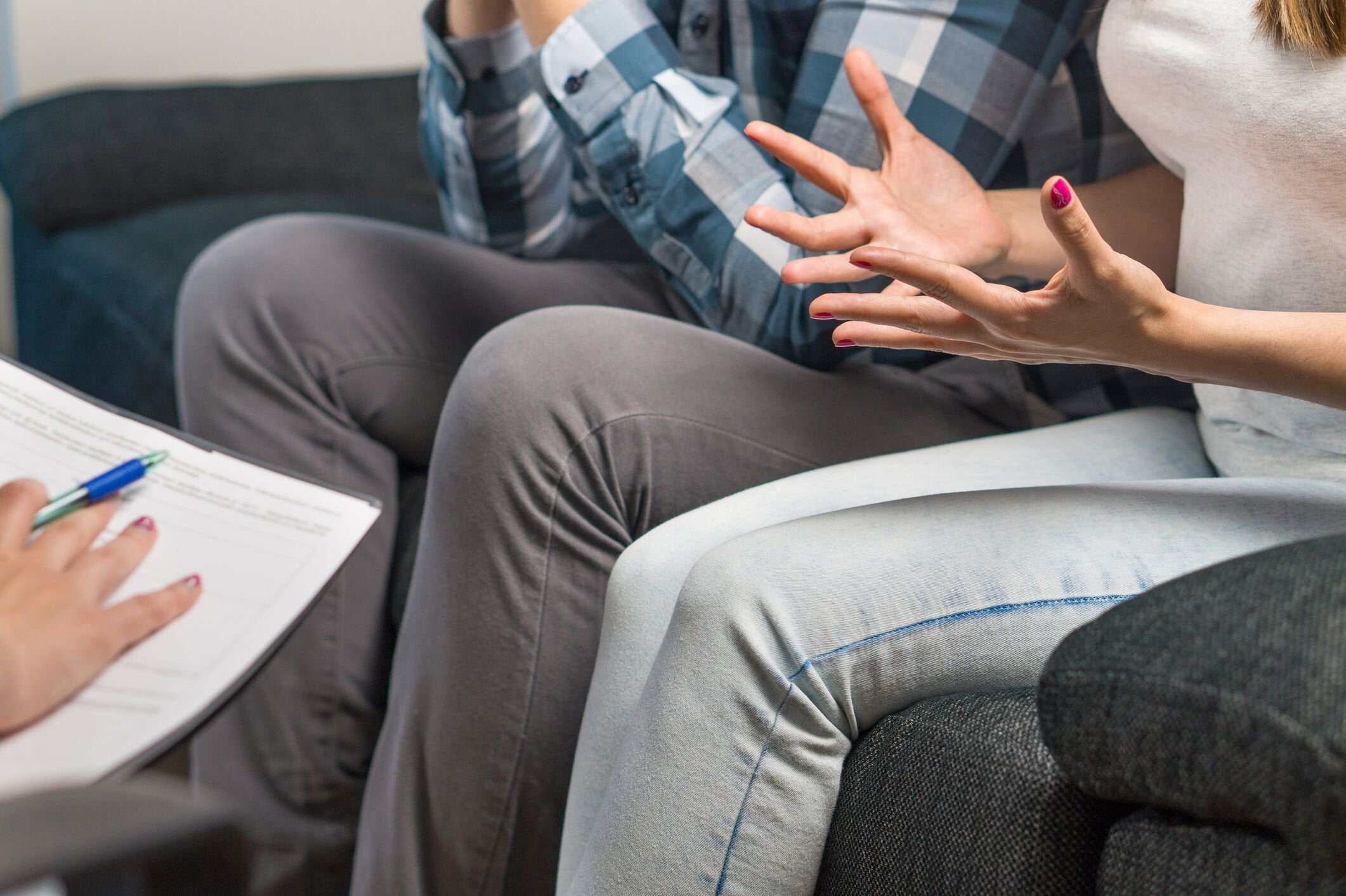Immediate Availability - Open 7 days a week - day, evening and weekend appointments
Immediate Availability - Open 7 days a week - day, evening and weekend appointments

Substance addiction is not the same as substance use - just because someone uses substances occasionally does not make them an addict. While the diagnosis of a substance addiction is a mental health condition best left to professionals, a layperson’s guide might look something as follows: Substance use becomes substance addiction when the person cannot function in normal parts of their life - they stop connecting with friends and family, struggle to perform at work, start emptying long term savings, or can’t concentrate on their academics and start failing.
Some substances have a particular chemical interaction with the body, which can create a physical dependence - our bodies come to rely on the regular introduction of those molecules into our system, and struggle to function appropriately without them. These are the substances that show very strong withdrawal symptoms when somebody stops using them. Heroin and other opiates are a good example of this, and can be very dangerous to stop using without appropriate medical intervention.
Other substances create a psychological dependence - that is, we come to rely on them to perform a psychological function, and often rationalize why we need to continue using them. We likely all know someone that has smoked cigarettes at some point in their life, and feels a particularly strong urge to do so when they’re stressed at work.
Individual psychotherapy is a commonly used intervention for helping people overcome substance addiction. While it can be effective on its own, it is often useful to combine it with other approaches - addiction support groups such as SMART Recovery, rehabilitation treatment centres, and a strong family and friends support network.
As the partner with an addiction
The first step is to understand that our aim here is to help your partner understand what you are experiencing, not to justify your behaviour. It can be a fine line to balance, and it is often useful to express directly and verbally that your intention is not to justify your behaviour.
Comparing to similar “addictions” that many people have can be a useful starting point - sugar and caffeine (in coffee) are two of the most commonly (over) used substances in the world, and if your partner has ever relied on these to help them through their day, this may be a starting point of helping them empathize with your challenges.
While it is helpful for both of you to understand what addiction is and how it affects people, this understanding alone does not address what your relationship needs. Your relationship requires the person with the addiction to take accountability for whatever actions they engage in.
When someone with an addiction is using, there are a number of common circumstances that can arise:
Each of these actions can be very hurtful, and make it very difficult for the person’s partner to trust them moving forward.
People with addictions often experience a lot of anger and guilt, both within themselves and from their partners. Once an addiction is revealed, there can often be a strong emotional reaction to it, and this typically first takes the form of anger. As substance use is often a crisis-approach to managing overwhelming emotions, this can be like adding fuel to the fire for the person with an addiction. In order to address this vicious cycle, each partner can use an important strategy:
As the partner without an addiction
Addictions can be difficult to understand for someone that has never experienced them. Thinking about them in the context of mental health disorders can be useful. Many people can appreciate how mental health disorders can limit someone’s ability to function, in ways that others take for granted, and this similarly applies to substance addiction.
If you consider a moment when you have acted in anger, and later regretted the way you behaved, that can also be a useful analogy. People with addictions are not necessarily overtly emotional, but may still struggle with feeling overwhelmed by emotions at various times. At these emotional peaks, they often lose sight of the values which would typically drive their behaviour. In a moment of crisis, all they see is the road to resolving the crisis, and substances are often down this road.
While emotional regulation isn’t the only function of substance use, it’s certainly a large one.
Once a partner understands the connection between strong emotional experiences and substance use, they can start to make potentially accurate predictions. It can be useful to establish a pattern of substance use and likely emotional experiences - much like cigarette smokers who use when they are stressed, there are any number of possible pattern variations for different substances and emotions. As some examples:
If your partner has a common trigger for turning to substance use, this can be a useful piece of information to track. Then when they are experiencing this hardship, you can try to step in to support them as well as you are able to.
There is a good chance that you are feeling hurt, angry and disconnected (or any other combination of emotions). You are allowed to feel whatever you feel! We don’t choose to feel the emotions that we feel, and so there is nothing to be gained from shaming ourselves for how we feel. You cannot directly control how you feel, but you can make meaningful choices about how you act in response to those feelings.
Much like your emotions, there are likely things that you want to happen in this scenario, and it’s unlikely that you are going to think yourself out of wanting them. You want your partner to stop using substances, you want to stop feeling hurt, you want to let go of your anger. It is important to recognize which one of these pieces are under your direct control, and which you can only realistically influence.
You cannot control their behaviour. You might be able to influence it. Once you can accept this reality, you can devote some attention to the small amount you can influence them, and then focus on addressing your emotions instead. Take time to focus on what you feel, what you can do to help yourself with those emotions, and if there is anything you can ask your partner to help you with for your emotions.
You need to look after yourself. While it’s wonderful to be supportive of your partner’s emotional difficulties and attempts to recover from substance addiction, neglecting your well-being is unhealthy for you. Putting yourself in a healthier position is good for you and for your relationship, and so should be very high in your priority list. Looking after yourself also has the added benefit of providing a great role model for your partner!
Setting clear boundaries about what kind of behaviour is and is not acceptable for you is an important step in addressing a relationship where addiction is a factor (and any other relationship, for that matter). Establishing these boundaries is about protecting your own needs first and foremost, and is ideally never used as a coercion or control strategy. So for example:
What does this mean for us?
Navigating addiction within a relationship is difficult for both partners. It can be an emotionally volatile landscape, bringing up many hardships affecting the two of you. Pieces from your current life together can be hurtful, and often memories of past events that weigh on us impact the relationship too. Addiction is often both a power force in its own right, and a notable indicator of a background filled with hardships.
Understanding what you and your partner are experiencing is an important step towards empathizing with each other's experiences, and empathy is critical for healthy relationships. Couple’s therapy can help you to express your own emotional experience, understand your partner’s experience, and learn how to utilize your relationship as a powerful healing tool for both of you. If this sounds like something you are interested in learning about, consider setting up an appointment with one of One Life's Calgary therapists where you can see what might be possible to achieve together.
